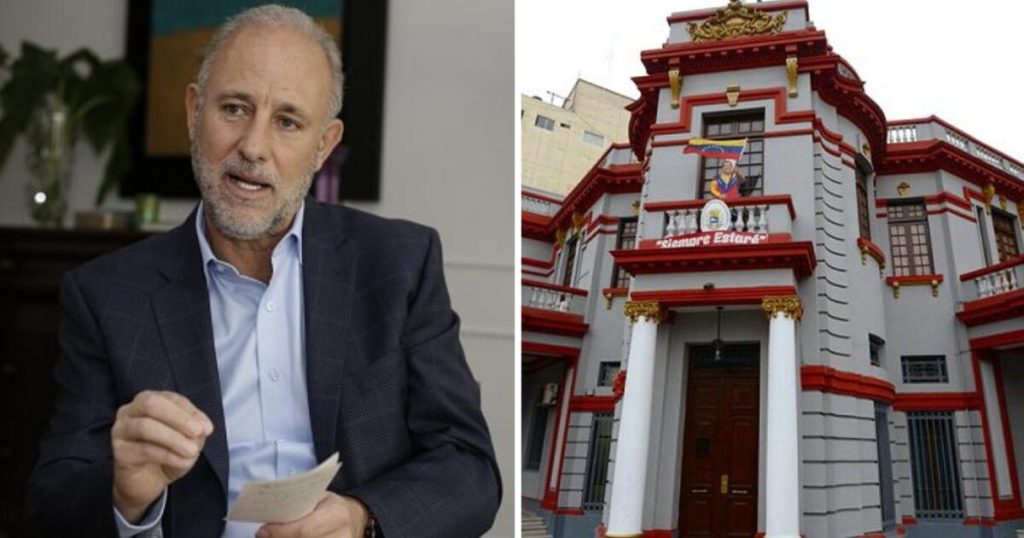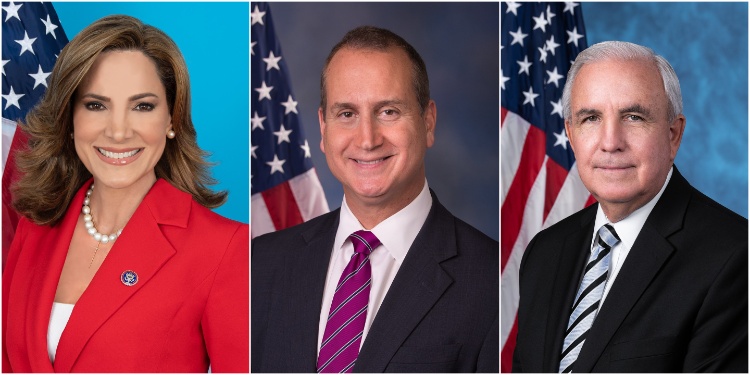Bernardo Batiz V.
M
Mexico is undergoing a process of political and economic changes; this is the Fourth Transformation that was consolidated in 2018 with the efforts of leaders and citizens when Mr. López Obrador became President; now it is confirmed with the resounding victory of the virtual president-elect Claudia Sheinbaum Pardo.
It seems that the transition will be smooth, without friction or sudden changes. The person leaving power and the person taking it have their own personal ways of communicating, making decisions, facing problems, and there are no clouds of conflict or differences in that calm sky. In essence, there is broad agreement on intentions and convictions; I only perceive one proposal that will require some work, that of a thorough change of the Judiciary, derived from the initiative of the person leaving and which will have to be managed and consolidated by the person arriving.
There is no doubt that the renewal of the courts is necessary and, as has been made clear in the forums that are being held, it will not be easy; it will require political will, knowledge and information; also a clear vision of what exists and what will have to be built.
The Judicial Council, of which I am a member by presidential appointment, is, according to article 100 of the current Constitution, an organ of the Judicial Branch of the Federation, with independence to issue its resolutions
. That is, it is accountable only to the people. It should be noted that its functions are those of administration, surveillance and discipline of the bodies that judge and sentence in trials and controversies, with the exception of the Supreme Court and the Electoral Tribunal.
It is important to know the large size of the human and material resources apparatus under the Council’s charge. I will list what the Council is responsible for: an annual budget of about 69 billion pesos for salaries, 669 buildings, furniture and supplies for the large number of agencies it administers; district judges, circuit courts, appeal courts, criminal justice centers, labor courts for collective and individual matters; regional plenaries and a Center for Control of Investigation Techniques. Nearly 900 jurisdictional bodies, with more than 1,670 heads, judges and magistrates, not counting support staff.
The administration of all these human and material resources is the responsibility of the Council, which is made up of three counselors appointed by the Supreme Court, two elected by the Senate at the suggestion of the head of the Executive Branch, and one more appointed directly by him; the seven are completed by the person presiding over the Supreme Court. As can be seen, there are four from the Judicial Branch and only three from the other branches.
In my opinion, the first important reform should be that the person presiding over the Court should not preside over the council; the power of the judges is to issue sentences and resolve conflicts, not to manage the bureaucratic apparatus, which takes time away from their jurisdictional work and grants them economic and political power that has not always been handled prudently. It is worth remembering that when we approved the Political Constitution of Mexico City, this separation was established, but the Supreme Court, taking precautions, revoked what was approved through a sentence, surely considering that the example could be transferred to the federal level.
The Council may correct administrative faults of personnel, as well as of judges and magistrates, through various sanctions; what is not within its competence is the substantive part of the trials; it cannot give an opinion on the meaning and solidity of the resolutions taken in the exercise of the administration of justice.
I believe that the size and responsibility of the Council’s work cannot be ignored, nor can it be required to make decisions that are not within its competence.
The work of dealing with this vast apparatus is arduous and requires time, knowledge and attention. An interesting fact is that the reports of the six advisors are made up of minimal technical structures and those that depend directly on the Presidency and its personally appointed secretaries are often much larger.
Finally, the proposal to be discussed in Congress replaces the six members of the council with 10 new officials elected by popular vote, five for a court that will hear complaints against justice officials and five for an administrative council in charge of human and material resources.
Two thoughts. First: how is a five-person court going to deal with complaints against thousands of sentences handed down annually by judges and magistrates? And finally, the statement by the future legal adviser to the Presidency, the well-trained Ernestina Godoy, is very significant and clarifies in a timely manner: It will be a gradual renewal
(I don’t see any other way).
















